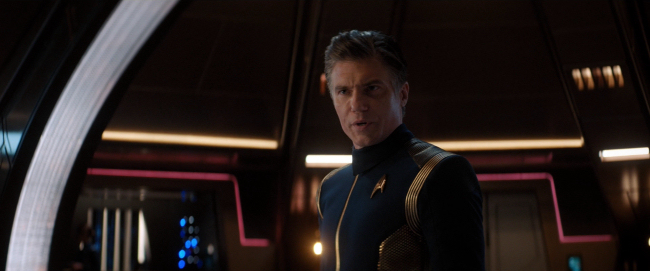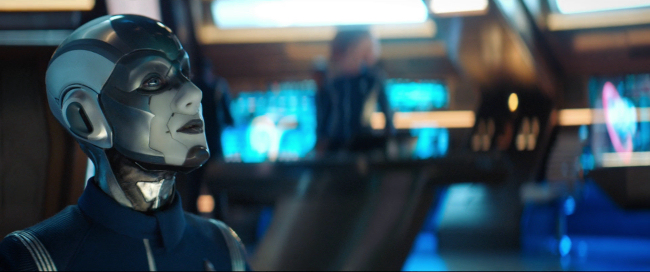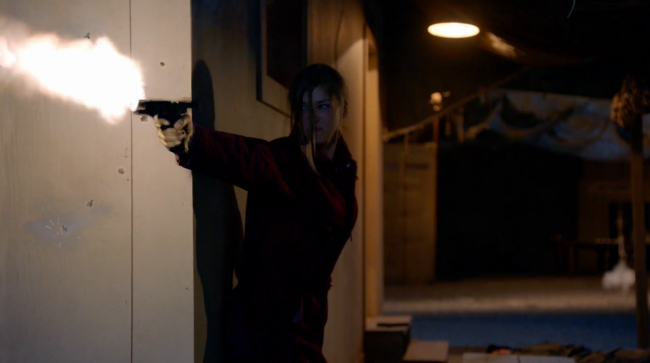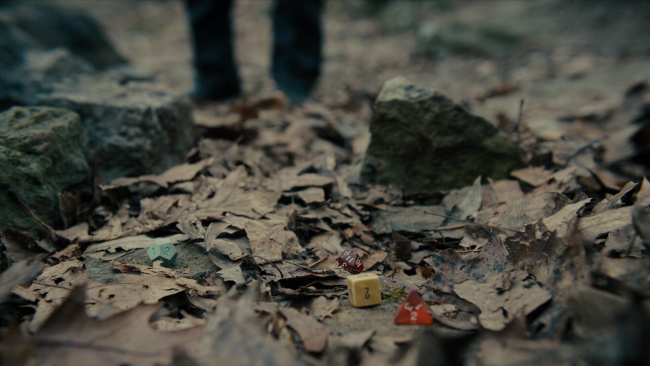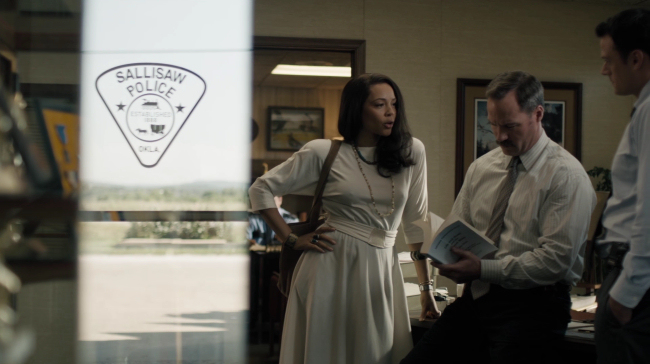
Not everyone gets a good job after college as one young couple discover in the 1937 film The Wrong Road. So they decide to turn to crime--"So long as we don't hurt anyone." Their plan is fascinatingly weird enough and the morals at play are curious enough to keep the film interesting despite starchy performances and really bad dialogue.

We meet young Jimmy (Richard Cromwell) and Ruth (Helen Mack) on one of the few nights out they allow themselves. They helpfully proceed to deliver exposition to each other.
"Daddy went broke but he didn't tell me," says Ruth, ruefully reflecting on why she's not a wealthy society woman now.
"I thought I was stepping into ten thousand a year as an engineer," Jimmy replies informatively. "And look at me. Working for beans in a bank."

Ruth says she could live under reduced expectations, she could work hard in such a life, but she'd hate it. Despite having reached the point where they're willing to steal money for the lifestyle they want, they still both have a strong moral compass and heartily agree they'll only commit the crime if they can do it without hurting anyone. And, apparently as a self-imposed penance, they both decide not to hide their guilt and to serve ten years in prison, at the end of which they'll retrieve the hidden 100,000 dollars they've stolen (that's just under 1.5 million in to-day's money).
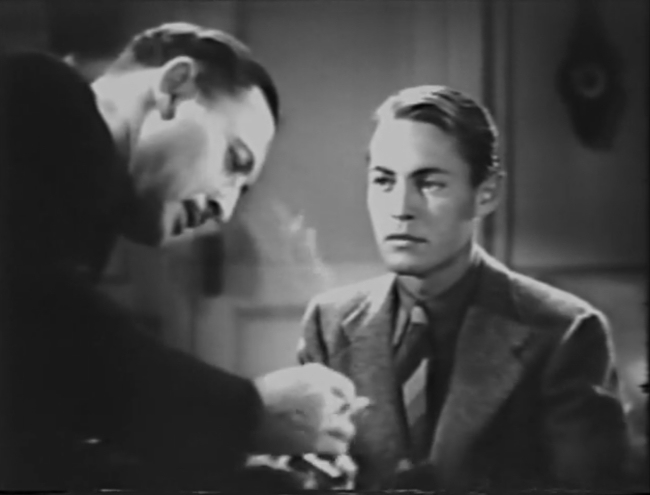
Why do they find this more acceptable than living in poverty? This is never addressed. The whole film seems to be a morality lesson for viewers, explaining just why one shouldn't attempt any scheme like this, making me think this was something authorities were worried people might actually try. But I can't find anything indicating anything like it actually happened.

But Jimmy and Ruth end up only doing two years in prison because they have a sort of guardian angel in a police detective named Roberts (Lionel Atwill). He has faith in the kids so he gets them paroled and follows them all over the place to offer routine, gentle admonitions. But if the film's goal was to talk people out of doing something like this, the road blocks it throws into Jimmy and Ruth's way are so specific that no point is really made. They choose to hide the money in a music box and send it to an uncle in Chicago who unexpectedly dies and his possessions are auctioned off, leading to an auction scene. Then the box ends up with a strange man who sleeps in a fur cap who demands his nurse call him "Pinkie".

Anyway, I suppose its incumbent upon me to warn the reader; don't steal a million dollars, hide it, confess to taking it, and spend ten years in prison. If you're still not convinced, The Wrong Road is available on Amazon Prime.





















